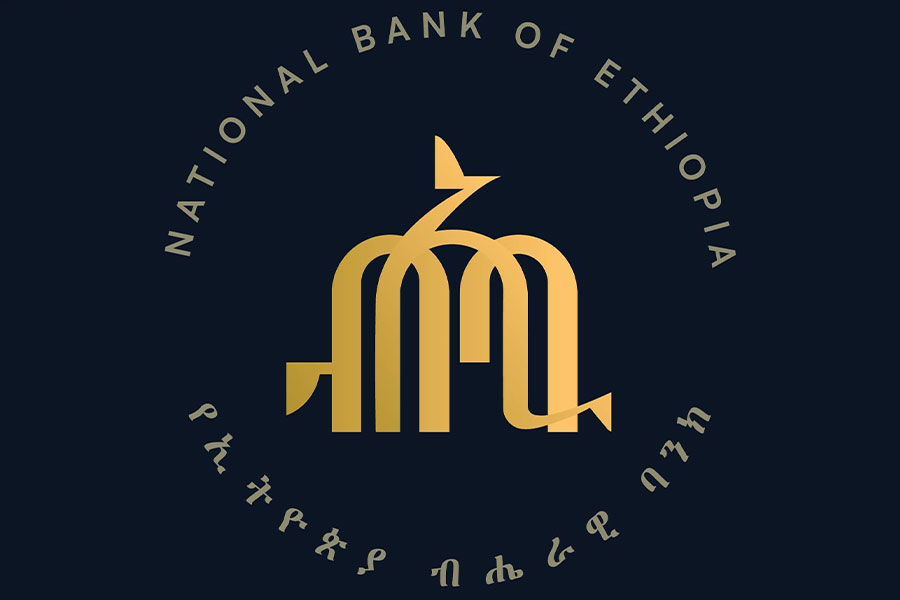
Last week I visited an art gallery connected to a florist shop close to my residence. My flower order was on standby for delivery by a courteous florist, as I kept my eye on the few paintings on the wall.
A Series of questions flash through my mind so I sought clarity from the florist. What is the story that inspired the pieces? who painted them? what content do they portray? The response only seemed to add to queries.
"Why is that so important?"
As I plan to buy the painting for my friend's son as a token of encouragement and best wishes in an upcoming college exit exam, I have to ascertain that students have acquired the required knowledge, skills, and attitude to deal with life. Efficiently completing studies in qualitative and effective ways is up for the assessment test.
I knew that a young graduate, whose father is a professional artist and my elementary school friend, shared the same thoughts. The answer denotes life in art school; every artist has to go through tests or completion of works of art in school to enable them to nurture their talents and creativity.
Sadly, there is no room to accommodate feedback from art lovers that may be enriched with general knowledge. It is reflected in all education areas. Skills and practical experiences are the only way to prove that one can withstand the unexpected that life throws forward.
I wish there could be a similar campaign back in the days when the Dergue regime proclaimed mass literacy, and interaction with vigor and enthusiasm abound. this experience offered an immense opportunity for many to read. Readership is easy to nurture. Little is needed for schools to be anything less than a perfect example. The solution is not hammering scores in the classroom or bravados about the high scores as it measures performance based on the low-performing individuals.
Our country experienced a massive improvement in access to education, especially in the capital. While increasing enrolment is an extraordinary achievement, education quality remains a challenge. Enrolling children in school alone does not indicate the quality—one must acquire essential knowledge and skills. Students should not be taught through the grading system but rather be willing to look further into their strengths and weaknesses in broader areas of life. Administrations should make elementary schools their center of existence and need not see their performance through students' grades as they sit for exams.
After I left the gallery, I realized that the blame could not be darted on either the artist or the guardian of the work. Who is to then be condemned for those who are presumed as failed? It may be the schools that prepare both the questions and examinees.
I considered whether examinations are a relentless part of life after leaving the school premises. What is expected in the exams is getting rid of the notion of what the correct answer is supposed to be, considered the hallmark of merits. Instead, providing an environment that reflects in the student's grades is vital. Creating an inviting environment that motivates one to acquire knowledge that is critical while the commitment to retaining the momentum until the exam is another challenge.
From experience, one of the intangible heritage in Addis Abeba is friendship that thrives from elementary school, representing a perfect time to plant seeds instead of blaming higher graders of low quality. It is high time to capitalize on exams to evaluate interactions and join hands to measure achievements from set objectives and dish out responsibility for low results to everyone it is due, where it matters most – from elementary schools.
PUBLISHED ON
Dec 31,2022 [ VOL
23 , NO
1183]


Sunday with Eden | Aug 06,2022

Life Matters | Oct 24,2020

Exclusive Interviews | Jan 05,2020

Radar | Mar 11,2024

Editorial | Feb 08,2020

Radar | Dec 05,2020

View From Arada | Jul 29,2023

Agenda | Jun 25,2022

Fortune News | Sep 08,2019

View From Arada | May 13,2023

Dec 22 , 2024 . By TIZITA SHEWAFERAW
Charged with transforming colossal state-owned enterprises into modern and competitiv...

Aug 18 , 2024 . By AKSAH ITALO
Although predictable Yonas Zerihun's job in the ride-hailing service is not immune to...

Jul 28 , 2024 . By TIZITA SHEWAFERAW
Unhabitual, perhaps too many, Samuel Gebreyohannes, 38, used to occasionally enjoy a couple of beers at breakfast. However, he recently swit...

Jul 13 , 2024 . By AKSAH ITALO
Investors who rely on tractors, trucks, and field vehicles for commuting, transporting commodities, and f...

Nov 1 , 2025
The National Bank of Ethiopia (NBE) issued a statement two weeks ago that appeared to...

Oct 25 , 2025
The regulatory machinery is on overdrive. In only two years, no fewer than 35 new pro...

Oct 18 , 2025
The political establishment, notably the ruling party and its top brass, has become p...

Oct 11 , 2025
Ladislas Farago, a roving Associated Press (AP) correspondent, arrived in Ethiopia in...